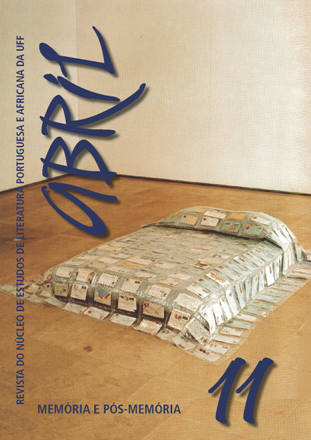“Whistle-blowers” at the police station: a history of treason
DOI:
https://doi.org/10.22409/abriluff.v5i11.29661Keywords:
Prison, interrogation, torture, confession, treasonAbstract
From May 28th, 1926, to April 25th, 1974, Portugal endured Europe’s longer dictatorship. In those years, milliards of anti-fascist militants passed through the political prisons, where they were tortured to reveal information about their organisations, and so contribute to their dismantlement. Many of those prisoners were unable to resist torture and – to use the jargon – “talked under interrogation”. A confession would not only make easier to prove, in court, their membership in forbidden organisations, but allow the arrest of other activists. It would also determine the banishment from the organisation. The case of one of those militants, who, after being arrested by the political police, PIDE, yields under torture and, after confessing his activity and denouncing his comrades, becomes a traitor, is the starting point for an analysis of the interrogation methods, the use of torture, the psychological mechanisms that may have contributed to the prisoner’s reversion. The author searches to obtain answers to the question “for what reason does one resist or yield under torture?”Downloads
Downloads
Published
How to Cite
Issue
Section
License
I authorize the journal Abril - NEPA/UFF to publish the paper of my authorship/responsibility that I now submit, in case it is accepted for online publication.
Moreover, I declare that this contribution is original, that it was not submitted to any other editor for publication, and I sign the present declaration attesting the truth of all its contents.
The copyright of the works published at the virtual space of the journal Abril - NEPA/UFF are automatically entitled to the journal. Their total or partial reproduction is conditioned to the authors' citations and publication data.

Abril is licensed under a Creative Commons - Attribution-NonCommercial 4.0 International (CC BY-NC 4.0).









